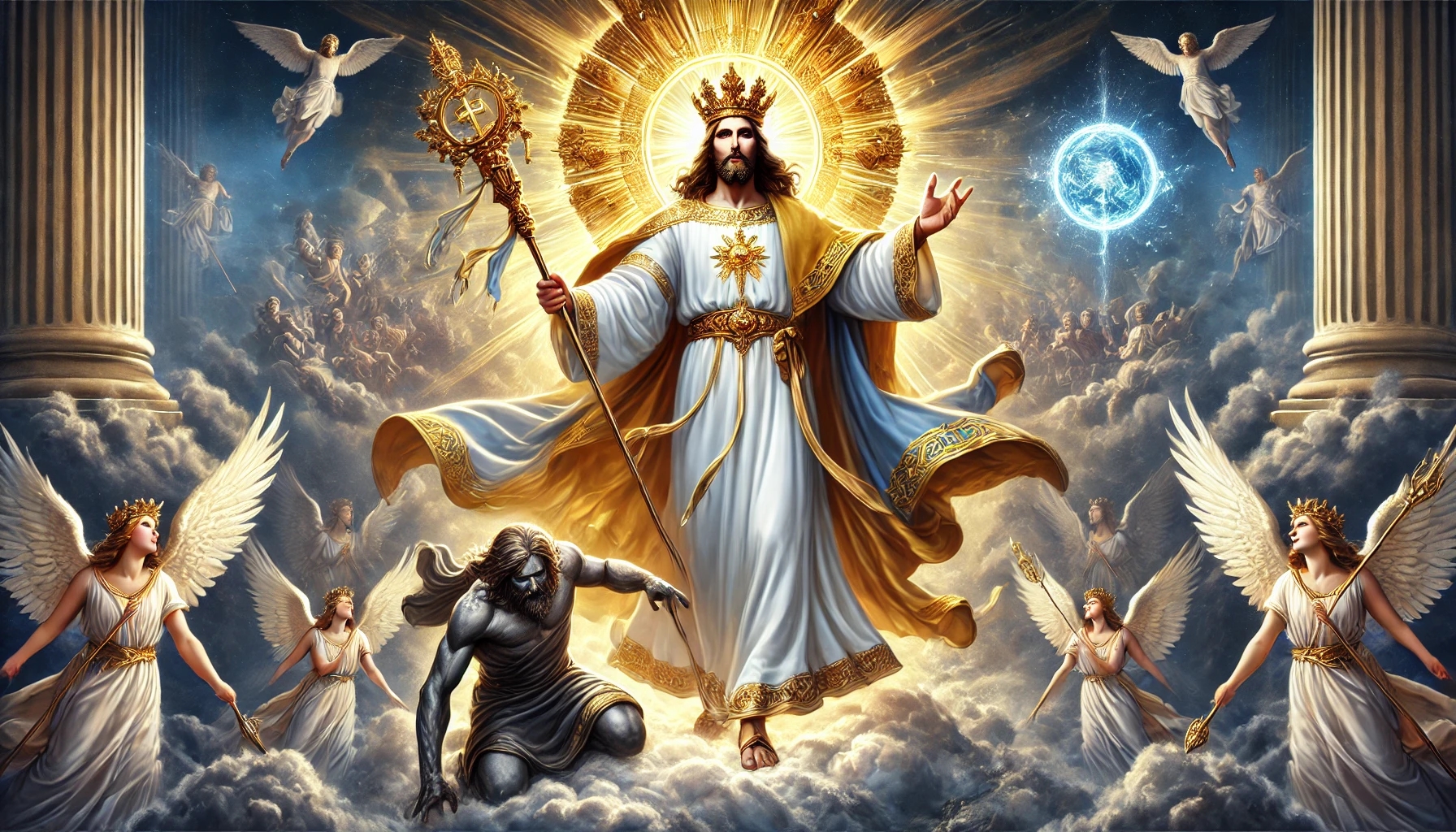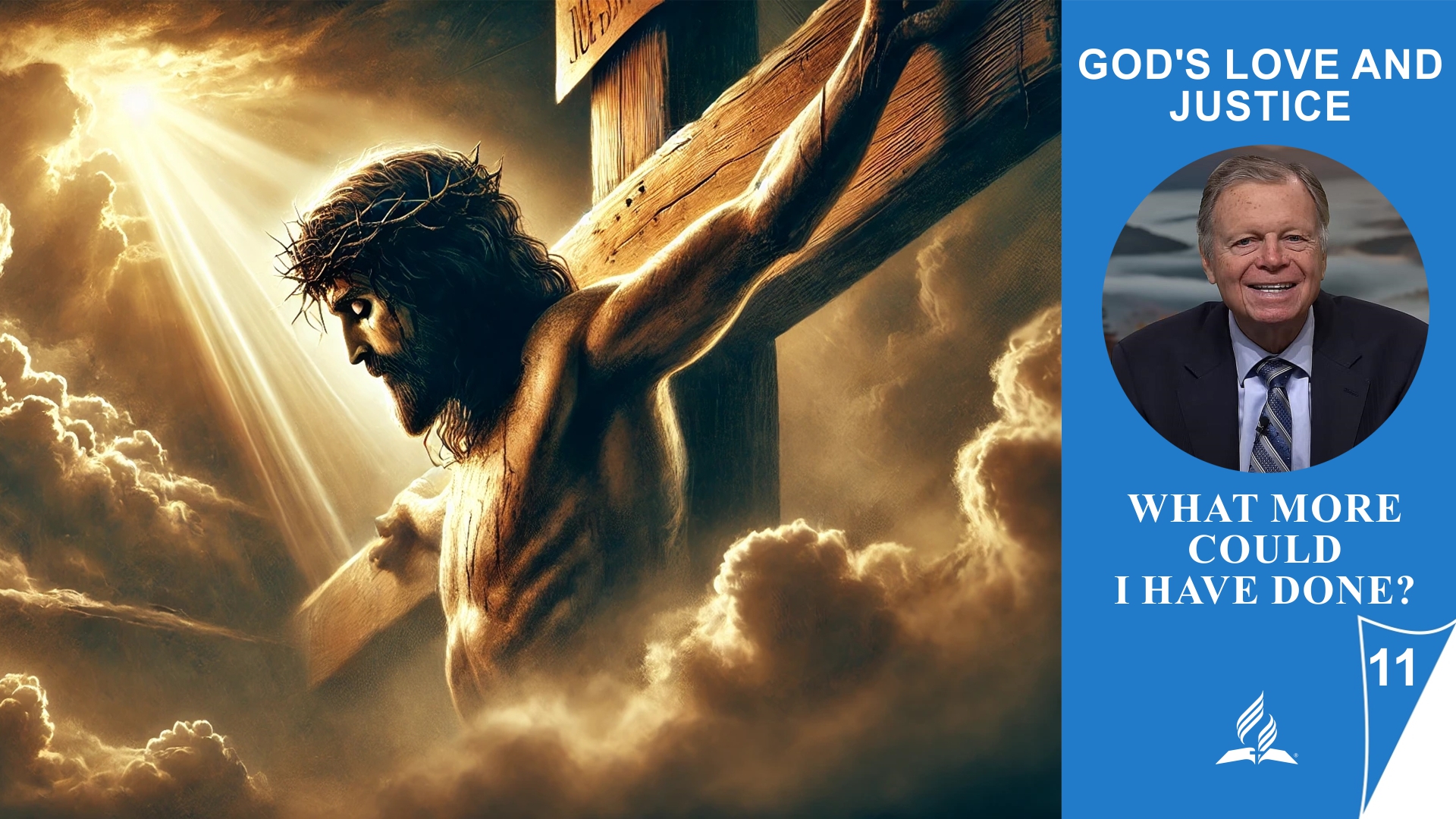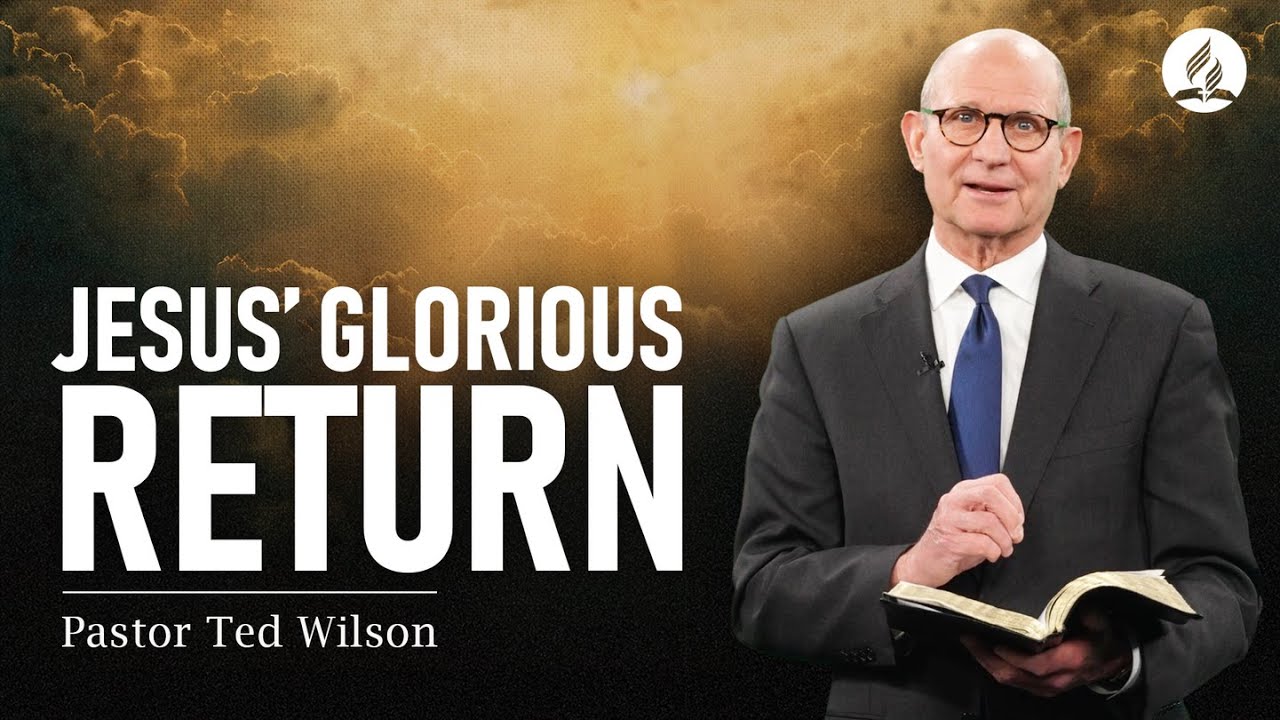The Message of 1 Peter
The First Epistle of Peter is a letter filled with encouragement, hope, and a call to steadfastness in faith. It is addressed to Christians facing persecution and suffering, reminding them that their true inheritance is not in this world but in Christ.
1.Who Was the Author?
The letter was written by the Apostle Peter, one of Jesus’ closest disciples. It was addressed to Christians scattered across various provinces of the Roman Empire (1 Peter 1:1). Many of them faced persecution and difficulties because of their faith in Jesus Christ.
2.Key Messages of 1 Peter
1.Hope Through New Life in Christ
Peter begins the letter with a strong message of hope:
“Blessed be the God and Father of our Lord Jesus Christ! According to His great mercy, He has caused us to be born again to a living hope through the resurrection of Jesus Christ from the dead” (1 Peter 1:3).
This hope is not based on perishable things but on an imperishable inheritance kept in heaven (1 Peter 1:4).
2.Steadfastness in Suffering
A central theme of the letter is the encouragement to remain faithful despite persecution. Peter reminds believers that suffering for Christ is not a sign of defeat but an opportunity to identify with Jesus:
“But rejoice insofar as you share Christ’s sufferings, that you may also rejoice and be glad when His glory is revealed” (1 Peter 4:13).
Suffering has a purpose – it refines faith (1 Peter 1:6-7) and makes believers more like Christ.
3.A Holy Life as a Testimony to the World
Peter calls Christians to live holy and exemplary lives, even in a hostile environment:
“Be holy, for I am holy” (1 Peter 1:16).
This means separating from sinful habits and living according to God’s will. A life of holiness also serves as a powerful testimony to unbelievers (1 Peter 2:12).
4.The Role of Christians in Society
Peter urges believers to submit to governmental authorities, act respectfully, and be examples of love and humility (1 Peter 2:13-17). He also calls for mutual respect and humility within families and the church community (1 Peter 3:1-7).
5.The Church as a Living Community
Believers are described as “living stones”, forming God’s spiritual house together (1 Peter 2:5). Christ is the cornerstone upon which everything is built. Every Christian has a special calling as a “priest” of God, offering their life as a spiritual sacrifice (1 Peter 2:9).
6.The Devil as the Enemy of Faith
Peter warns against the attacks of the devil:
“Be sober-minded; be watchful. Your adversary the devil prowls around like a roaring lion, seeking someone to devour” (1 Peter 5:8).
The solution? Stand firm in faith, submit to God, and trust in His grace.
7.The Promise of Eternal Glory
At the end of his letter, Peter reminds Christians of the ultimate goal of their faith:
“And after you have suffered a little while, the God of all grace, who has called you to His eternal glory in Christ, will Himself restore, confirm, strengthen, and establish you” (1 Peter 5:10).
Suffering is only temporary – eternal glory with God is the true destination.
3.Conclusion – 1 Peter Today
The message of 1 Peter remains highly relevant today. In a world filled with uncertainty, rejection, and challenges, Peter calls us to:
-
Set our hope on Christ.
-
Remain faithful even in suffering.
-
Live a holy and credible life.
-
Strengthen one another in the church.
-
Guard against the attacks of the enemy.
God has called us to shine as light in this world. However, our true home is not here but in eternal glory with Him.
March 10, 2024
DAILY BIBLE READING – 1 Peter Chapter 1
1 Peter, an apostle of Jesus Christ, to the strangers scattered throughout Pontus, Galatia, Cappadocia, Asia, and Bithynia,
2 Elect according to the foreknowledge of God the Father, through sanctification of the Spirit, unto obedience and sprinkling of the blood of Jesus Christ: Grace unto you, and peace, be multiplied.
3 Blessed be the God and Father of our Lord Jesus Christ, which according to his abundant mercy hath begotten us again unto a lively hope by the resurrection of Jesus Christ from the dead,
4 To an inheritance incorruptible, and undefiled, and that fadeth not away, reserved in heaven for you,
5 Who are kept by the power of God through faith unto salvation ready to be revealed in the last time.
6 Wherein ye greatly rejoice, though now for a season, if need be, ye are in heaviness through manifold temptations:
7 That the trial of your faith, being much more precious than of gold that perisheth, though it be tried with fire, might be found unto praise and honour and glory at the appearing of Jesus Christ:
8 Whom having not seen, ye love; in whom, though now ye see him not, yet believing, ye rejoice with joy unspeakable and full of glory:
9 Receiving the end of your faith, even the salvation of your souls.
10 Of which salvation the prophets have enquired and searched diligently, who prophesied of the grace that should come unto you:
11 Searching what, or what manner of time the Spirit of Christ which was in them did signify, when it testified beforehand the sufferings of Christ, and the glory that should follow.
12 Unto whom it was revealed, that not unto themselves, but unto us they did minister the things, which are now reported unto you by them that have preached the gospel unto you with the Holy Ghost sent down from heaven; which things the angels desire to look into.
13 Wherefore gird up the loins of your mind, be sober, and hope to the end for the grace that is to be brought unto you at the revelation of Jesus Christ;
14 As obedient children, not fashioning yourselves according to the former lusts in your ignorance:
15 But as he which hath called you is holy, so be ye holy in all manner of conversation;
16 Because it is written, Be ye holy; for I am holy.
17 And if ye call on the Father, who without respect of persons judgeth according to every man’s work, pass the time of your sojourning here in fear:
18 Forasmuch as ye know that ye were not redeemed with corruptible things, as silver and gold, from your vain conversation received by tradition from your fathers;
19 But with the precious blood of Christ, as of a lamb without blemish and without spot:
20 Who verily was foreordained before the foundation of the world, but was manifest in these last times for you,
21 Who by him do believe in God, that raised him up from the dead, and gave him glory; that your faith and hope might be in God.
22 Seeing ye have purified your souls in obeying the truth through the Spirit unto unfeigned love of the brethren, see that ye love one another with a pure heart fervently:
23 Being born again, not of corruptible seed, but of incorruptible, by the word of God, which liveth and abideth for ever.
24 For all flesh is as grass, and all the glory of man as the flower of grass. The grass withereth, and the flower thereof falleth away:
25 But the word of the Lord endureth for ever. And this is the word which by the gospel is preached unto you.
King James Version. Public Domain
Commentary
Introduction
The First Epistle of Peter begins with a powerful message of encouragement and hope. Written to Christians scattered across different regions of the ancient world, Peter addresses them as “chosen exiles”—a reminder that while they live in the world, they do not belong to it. The opening section of the letter emphasizes the living hope given through the resurrection of Jesus Christ, along with a call to a holy life.
Peter reminds believers that their true home is in heaven and that, despite trials and suffering, they are preserved by faith. At the same time, he urges them to lead a holy life, characterized by obedience, love, and deep communion with Christ.
Commentary
1.Greeting and Blessing (Verses 1-2)
Peter begins with a formal salutation, reminding believers that they have been chosen by God. Their lives are shaped by three key aspects:
-
The foreknowledge of God – They are not part of the community by chance but are chosen according to God’s plan.
-
Sanctification by the Holy Spirit – They are purified and prepared for a new life through the Spirit of God.
-
Obedience to Christ – Their calling is tied to a life of discipleship, sealed by the blood of Jesus.
 Application: Christians are not alone – they are part of God’s sovereign plan and are guided by the Holy Spirit.
Application: Christians are not alone – they are part of God’s sovereign plan and are guided by the Holy Spirit.
2.The Living Hope in Christ (Verses 3-9)
Here, Peter praises God’s great mercy and speaks of the living hope given through Christ’s resurrection. This hope includes:
-
An imperishable inheritance in heaven (v. 4).
-
Divine protection through faith (v. 5).
-
Joy despite trials, as suffering refines faith (vv. 6-7).
-
An indescribable joy, even though believers have not seen Christ (vv. 8-9).
 Application: True hope is not found in worldly circumstances but in the assurance of salvation and eternal life.
Application: True hope is not found in worldly circumstances but in the assurance of salvation and eternal life.
3.The Fulfillment of Old Testament Prophecies (Verses 10-12)
Peter emphasizes that the Old Testament prophets had already pointed to the sufferings and glory of Christ. They searched for the fulfillment of what has now been revealed through the gospel.
 Application: We live in the time of revelation – the promises have been fulfilled, and we have access to the full truth in Christ.
Application: We live in the time of revelation – the promises have been fulfilled, and we have access to the full truth in Christ.
4.The Call to a Holy Life (Verses 13-21)
Peter calls believers to:
-
Be sober-minded and set their hope on Christ (v. 13).
-
No longer conform to former sinful desires (v. 14).
-
Be holy, as God is holy (vv. 15-16).
-
Live in reverence for God, knowing they were redeemed not with perishable things but with Christ’s precious blood (vv. 17-19).
-
Place their faith in God, who raised Christ from the dead (vv. 20-21).
 Application: A holy life is not optional – it is the natural expression of salvation.
Application: A holy life is not optional – it is the natural expression of salvation.
5.New Birth Through the Eternal Word of God (Verses 22-25)
Peter explains that believers have been born again through the Word of God, which is eternal and distinct from all that is perishable.
-
A call to brotherly love (v. 22).
-
New birth from imperishable seed (v. 23).
-
God’s Word remains forever (vv. 24-25).
 Application: The Word of God is the foundation for spiritual growth and true transformation.
Application: The Word of God is the foundation for spiritual growth and true transformation.
Summary
-
Christians are chosen and sanctified by God – They live as strangers in this world but with a divine calling (vv. 1-2).
-
The living hope through Christ – Our inheritance is secure in heaven, regardless of earthly suffering (vv. 3-9).
-
The prophets foretold Christ – The gospel is the fulfillment of God’s promises (vv. 10-12).
-
The call to holiness – A holy life is the appropriate response to God’s redemption (vv. 13-21).
-
New birth through God’s Word – God’s Word remains eternal and transforms our lives (vv. 22-25).
Final Thought
1 Peter 1 reminds us that our lives are directed toward a higher calling. Our hope is not based on perishable things but on the eternal inheritance in Christ. This hope enables us to endure trials and live in holiness.
 Reflection Question: How does this living hope shape my daily life? Am I ready to lead a life of holiness and love?
Reflection Question: How does this living hope shape my daily life? Am I ready to lead a life of holiness and love?
![]()

WEEKLY SPIRIT OF PROPHECY READING – Ellen White | Steps to Christ
Chapter 8—Growing Up Into Christ
Read online here
Commentary
Introduction
Spiritual growth in Christ is a central theme of the Christian life. Chapter 8 describes this growth using natural imagery such as birth, plants, and light, to illustrate how a believer matures in relationship with Christ. It makes clear that no one can generate spiritual life or bring themselves to salvation by their own efforts—only through Christ is true growth possible. By remaining in Him, we receive strength, joy, and steadfastness in faith. The invitation to complete surrender to Christ and to trust in His guidance lies at the heart of this chapter.
Commentary
1.Spiritual Growth as God’s Work (Introduction)
-
The Bible compares spiritual growth to a birth (1 Peter 2:2) and to the growth of a seed (Ephesians 4:15).
-
No one can produce life by their own power—just as spiritual life cannot arise without God’s work (John 3:3).
-
Growth in Christ is not the result of human effort but of divine influence.
2.The Necessity of Connection with Christ
-
Plants grow through light, water, and nourishment—likewise, the believer needs Christ as the “Sun of Righteousness” (Isaiah 60:19).
-
Jesus emphasizes: “Remain in me”—without Him, a person cannot bear fruit (John 15:4–5).
-
Many attempt to live righteously by their own strength, yet Christ is the only path to holiness.
3.Daily Surrender to God as the Key to Growth
-
Daily prayer and complete surrender to God are essential for growth in faith.
-
The relationship with Christ must be consistent and alive—He should not only be present at the beginning and end of our lives, but at every moment (Psalm 16:8).
-
Our hope does not lie in ourselves but in Christ, who connects our weakness with His strength.
4.The Danger of Self-Centeredness and Distraction by Satan
-
Satan constantly tries to divert the believer’s gaze from Christ—whether through worries, fears, or worldly temptations.
-
The only security lies in complete dependence on Christ—not in self-reflection or self-doubt (Galatians 2:20).
-
True spiritual growth occurs through trust, obedience, and continual connection with Christ.
5.The Examples of the First Disciples and Their Deep Fellowship with Christ
-
The disciples grew through daily fellowship with Christ and were changed by the Holy Spirit.
-
John, the disciple whom Jesus loved, was transformed by closeness to Christ from an ambitious and fiery man into a symbol of love.
-
This deep spiritual fellowship with Christ is still available to every believer today.
6.The Ongoing Presence of Christ in Our Lives
-
After His ascension, Jesus remained united with His disciples through the Holy Spirit—He remains in the hearts of believers today in the same way.
-
Life in Christ means not only following Him, but fully uniting oneself with Him.
-
Christ is the author and finisher of our faith (Ephesians 4:15)—in Him lies our entire hope for growth and perfection.
Summary
Chapter 8 underscores the importance of spiritual growth in Christ. It shows that this growth is not achieved through human effort but solely through connection with Christ. Just as plants need light, water, and nourishment to thrive, the believer needs Christ as the source of life. Walking daily with Christ, engaging in consistent prayer, and surrendering fully to Him lead to spiritual maturity. The disciples of Jesus are an example of how close fellowship with Christ can completely transform a person’s nature. The invitation is: “Remain in me”—whoever remains in Christ grows in faith, bears fruit, and is transformed into His image.
Source: https://fulfilleddesire.net/10-03-2025-1-peter-chapter-1-believe-his-prophets/








